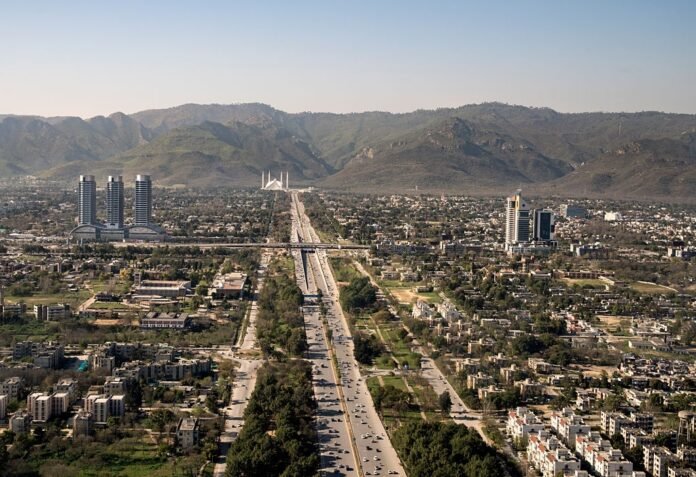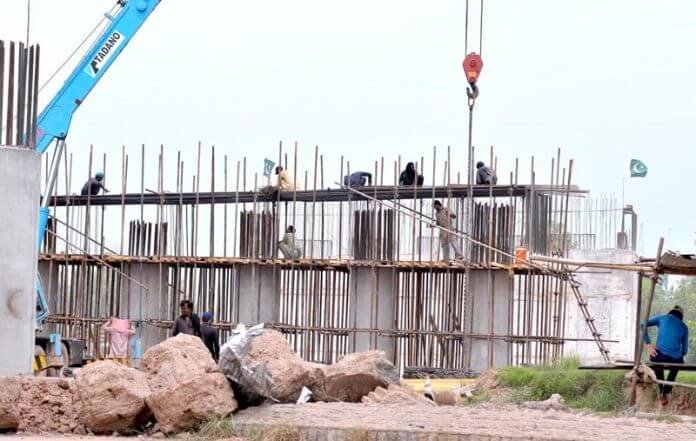The master plan for Islamabad, which was prepared by the Greeks back in 1960s, was meant to be updated every 20 years, but subsequent governments never bothered to do so.
As a result of this neglect, construction problems arose, including the mushrooming of unauthorised structures.
However, in December 2018, the government agreed to update the master plan and created an expert committee, which underwent several changes in membership before preparing an interim report that was accepted by the federal cabinet in October 2019. The commission members formed new bylaws relating to commercial buildings in its preliminary report, as well as regularised unauthorised development in some locations.
However, no alternative has been suggested for Zone III, where unauthorised development has occurred.
The commission recommended that a specialist contractor would be retained by CDA to do a thorough review.
However, a specialist consultant would be expected to do an analysis in nearly ten areas/issues.
A 12-member commission composed of architects Nayyar Ali Dada, Ali Asghar Khan, Aziz Aslam, Khurram Fareed Bargatt, lawyer Nayyab Hassan Gardazi, environmentalist Humaira Qasim Khan, Asma Khalil, Naveed Aslam, Salman Mansoor, and others prepared the interim report.
Invited Offers:
The CDA had previously invited offers from reputable companies for proper revision of the master plan, based on the commission’s findings, via national and international press last year.
According to reports, only a group of four consultant firms and 11 companies submitted bids in response to the advertising. However, none of them met the standards set out by the civic organisation.
CDA did not want to miss out on the chance to receive federal support for the first time for a proper review of the master plan.
However, once the contract is won, the municipal agency can face legal challenges. This question was brought before the CDA board a few months earlier, and the board agreed to take it up with the planning commission because it was the commission that had vetted the Request for Proposal (RFP) documentation for soliciting contractor bids.
Current Proposal:
According to sources, after the passing of several months, the problem remains unresolved, and there are now chances that the CDA, in consultation with the commission, will reopen offers. The commission will concentrate on ten zones, and after contractors have been hired, they will be asked to do surveys in these areas before the commission proposes amendments to the master plan, they added, noting that Zone III encompasses about 50,000 acres. Margalla Hills National Park covers almost 30,000 acres, while the remaining 20,000 acres are privately owned. However, private landowners have had difficulty building their homes since development is prohibited in Zone III under the current proposal.
The CDA, on the other hand, has not acquired this private property or created bylaws to control development for the last 61 years. People have also been refused access to public services such as electricity and water.
The CDA board member said, “The commission will address the question of Zone III on a priority basis.”
About 40 revisions to the master plan were introduced by successive administrations without consulting specialist experts, resulting in planning problems.
According to the board member, the issue of housing schemes requires consideration, and the commission will address both civic and planning problems in the capital city.











